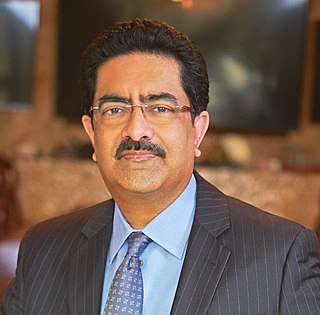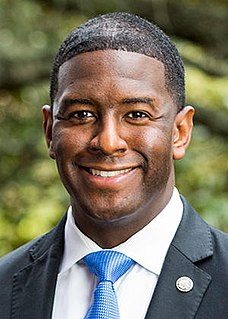A Quote by Andrew Adonis, Baron Adonis
What we need is fundamental reform to address the deep social and economic problems that are gripping people and communities nationwide, particularly the least advantaged.
Related Quotes
Communities do need police, but law enforcement needs to be much more transparent and held accountable for their actions. We also need increased resources for mental health services, affordable housing, education, jobs training, and much more to truly address social and economic issues in our communities.
Corporate social responsibility is measured in terms of businesses improving conditions for their employees, shareholders, communities, and environment. But moral responsibility goes further, reflecting the need for corporations to address fundamental ethical issues such as inclusion, dignity, and equality.
Human beings need community. If there are no communities available for constructive ends, there will be destructive, murderous communities... Only the social sector, that is, the nongovernmental, nonprofit organization, can create what we now need, communities for citizens... What the dawning 21st century needs above all is equally explosive growth of the nonprofit social sector in building communities in the newly dominant social environment, the city.
If we hope to stem the mass destruction that inevitably attends our economic system (and to alter the sense of entitlement - the sense of contempt, the hatred - on which it is based), fundamental historical, social, economic, and technological forces need to be pondered, understood, and redirected. Behavior won't change much without a fundamental change in consciousness. The question becomes: How do we change consciousness?
Every single day there are communities and people in communities who are hurting in real deep ways. The problems that they're suffering from are very nuanced, but they're granular in nature and they require real intentional planning in order to begin to lift the burden off of some of these communities that have been generationally and inter-generationally plagued by those kinds of problems. The challenge will remain. Whether we can rise to it, will the establishment rise to those challenges is a different question.


































